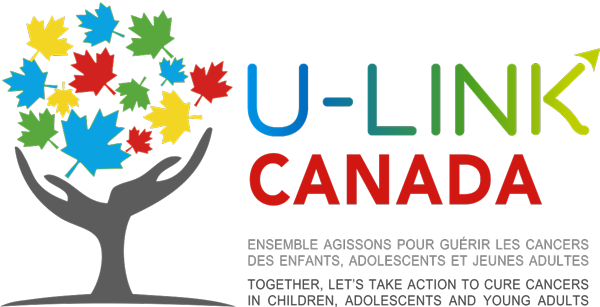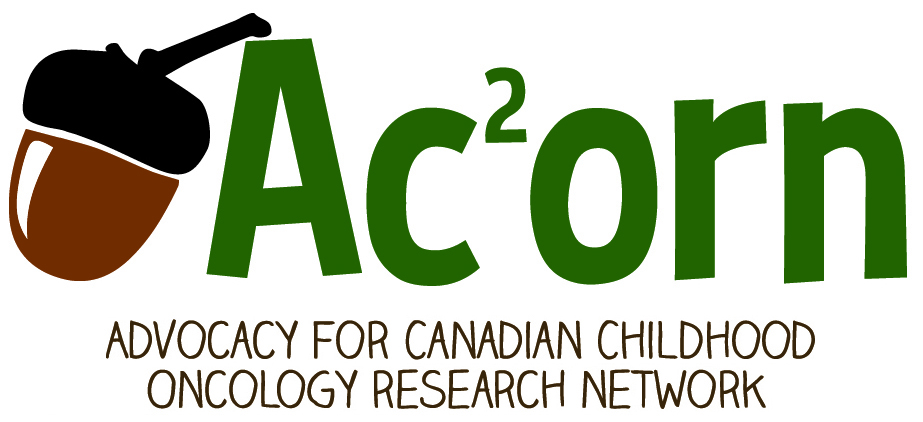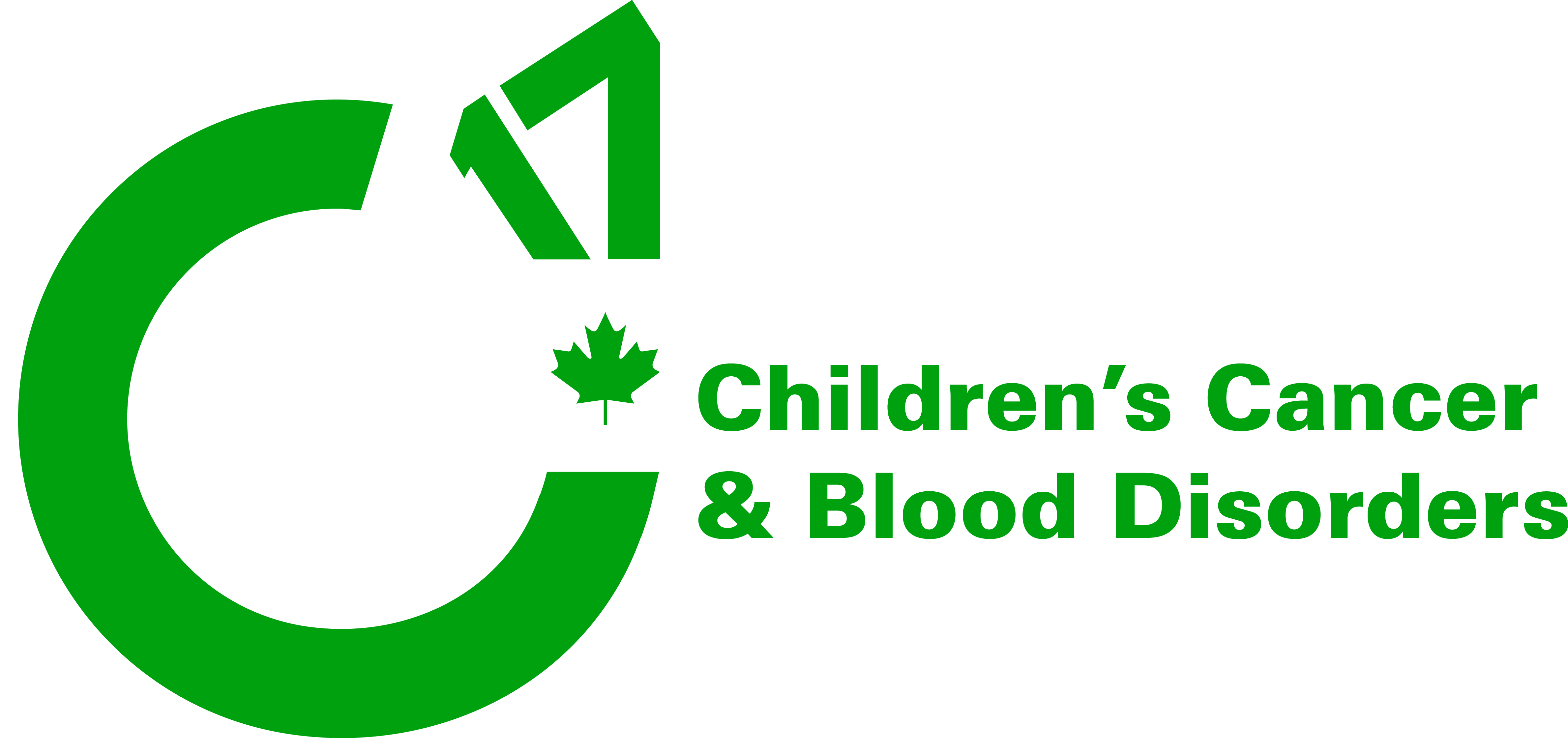Clinical trials in Canada
Childhood Cancer Clinical Trials in Canada
Each year, nearly 1,000 children under 15 are diagnosed with cancer in Canada1. Clinical trials play a critical role in improving survival and quality of life, yet participation rates vary depending on cancer type and where a child lives.
The Public Health Agency of Canada’s Cancer in Young People in Canada (CYP-C) program tracks how many children are enrolled in therapeutic clinical trials and these detailed statistics have been summarized in a tool by the Public Health Agency of Canada. This information helps highlight where gaps exist and supports ongoing efforts to ensure that every child in Canada has the opportunity to access promising new therapies through clinical trials.
________________________________________________
COG KidsCare
COG has additional resources available for families and caregivers, including a mobile app called COG KidsCare. This app helps to keep track of important information while caring for a child with cancer, including relevant lab results, vital signs, notes to share with your provider at your next visit and more using the Journal feature. This app also includes the ability to track upcoming appointments, store relevant contact numbers under "My Team", as well as access to details and illustrations from the Children’s Oncology Group’s New Diagnosis Guide and Family Handbook. To personalize your profile, simply click on your corresponding hospital/treatment centre when setting up your account. The COG KidsCare app is available for download on the App Store and Google Play, or using the QR code below:

________________________________________________
Cheer Resource Library
The Canadian Collaboration for Child Health: Efficiency and Excellence in the Ethics Review of Research (CHEER) team has collaborated with families and paediatric research institutes to produce tools and resources that help kids understand research. A full library of resources can be found on their website here: CHEER Resource Library – CHEER


